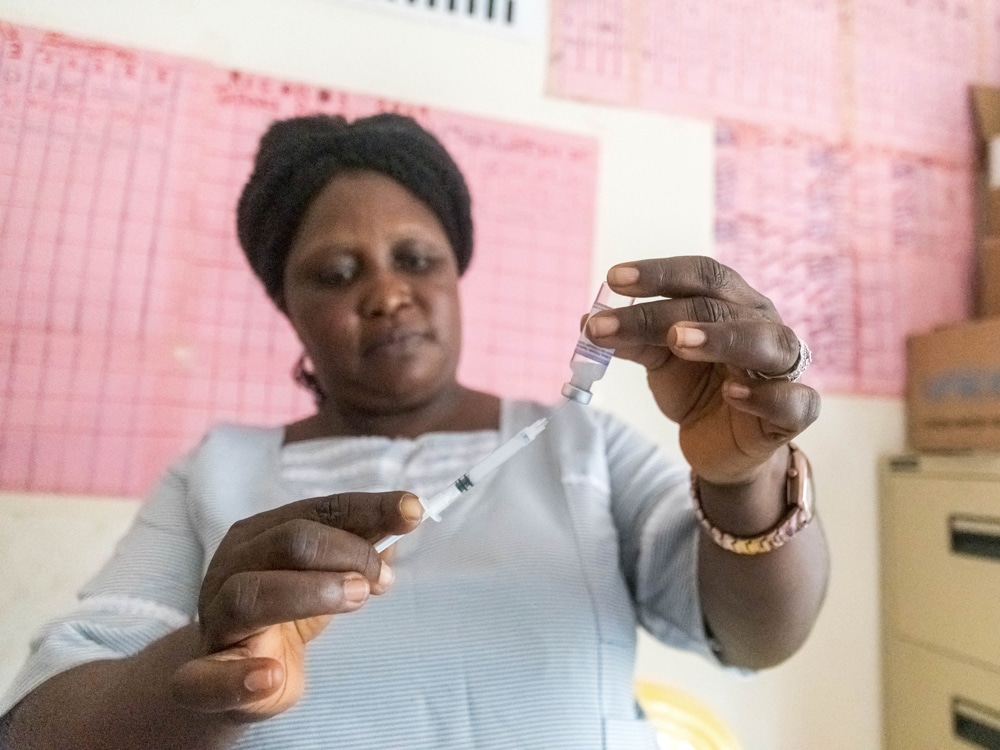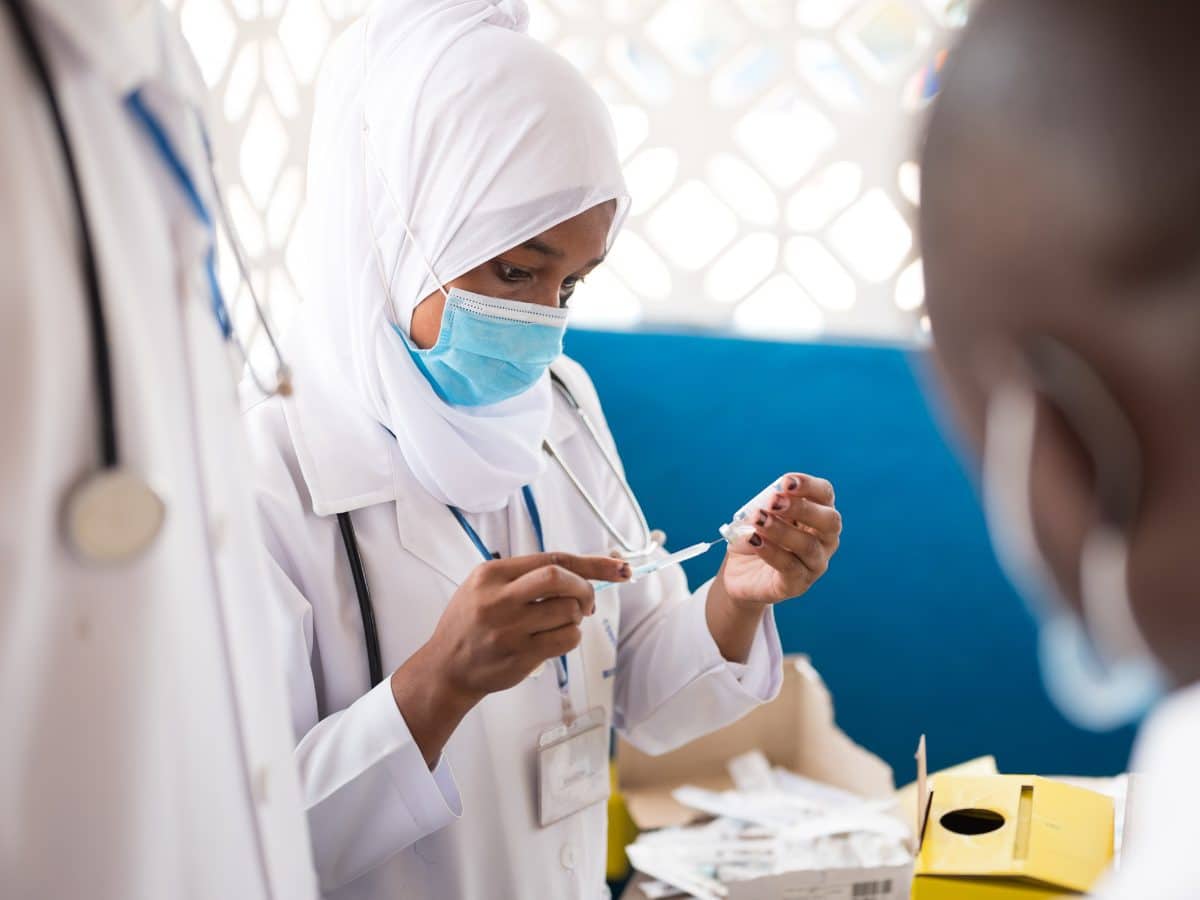-
Date: May 21, 2024
-
Start Time: 9:00 am
End Time: 10:00 am
-
Location: Online
May is Mental Health Awareness Month. On May 21, 2024, ICAP presented the Grand Rounds – Intervention Approaches in Global Mental Health: Current Strategies and Future Directions.
Through case studies and real-world examples, two experts from Columbia University offered valuable insights into the efficacy, scalability, and cultural relevance of mental health interventions in different regions around the world. The webinar explored current strategies being employed worldwide to address the complex challenges faced by individuals grappling with mental health issues — spanning psychotherapy and community-based initiatives — across diverse cultural and socio-economic contexts.
Presenters
 Claire Greene, PhD, MPH, Epidemiologist, Assistant Professor of Population and Family Health, Columbia University
Claire Greene, PhD, MPH, Epidemiologist, Assistant Professor of Population and Family Health, Columbia University
Claire Greene is an epidemiologist and implementation scientist interested in identifying opportunities to improve mental health and psychosocial wellbeing among forcibly displaced populations through multi-sectoral and community-based interventions. In her work, she consults and collaborates with governments, non-governmental organizations, UN agencies, and academic institutions. At Columbia University’s Mailman School of Public Health, Greene teaches Investigative Methods in Complex Emergencies, a course focused on how to collect and effectively use data to inform programming and policy in humanitarian emergencies, and a course on Psychosocial and Mental Health Issues in Forced Migration.
 Jeremy Kane, PhD, MPH, Psychiatric Epidemiologist, Assistant Professor of Epidemiology, Columbia University
Jeremy Kane, PhD, MPH, Psychiatric Epidemiologist, Assistant Professor of Epidemiology, Columbia University
Jeremy Kane is a psychiatric epidemiologist with research interests in global mental health, substance and alcohol use epidemiology, and adolescent health. His research investigates mental health and substance use problems among populations affected by violence and HIV in low- and middle-income countries and also explores the impacts of culture and migration on mental and behavioral health among refugee and immigrant populations living in the United States. This research program is implemented in close collaboration with academic institutions, non-governmental and international organizations, and government agencies. He currently teaches Epidemiologic Methods in Global Mental Health at Columbia University.








